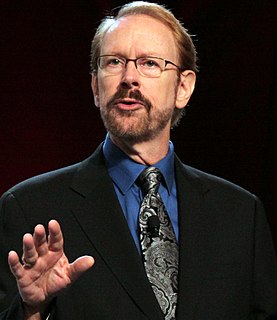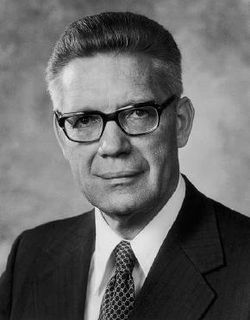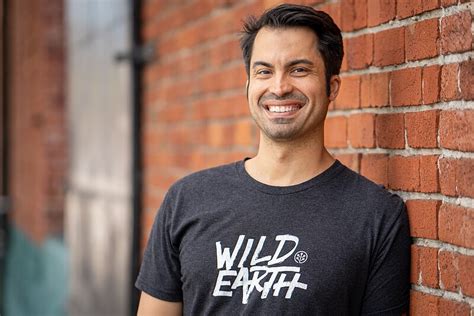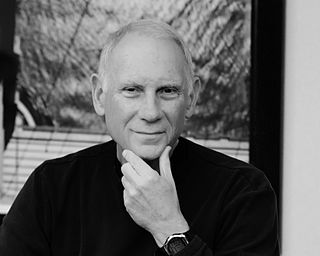A Quote by Marianne Williamson
The world we live in pictures a pie with only so many pieces, and if other people have more you have less, and you have to compete with other people in order to try to get ahead. You have to sell yourself at every available opportunity. The shift, the enlightened shift, has to do with a movement from competition to collaboration, from sales to service, from ambition to inspiration, and to a belief in scarcity to a belief in abundance as an eternal spiritual quality.
Related Quotes
I share the belief of many of my contemporaries that the spiritual crisis pervading all spheres of Western industrial society can be remedied only by a change in our world view. We shall have to shift from the materialistic, dualistic belief that people and their environment are separate, toward a new consciousness of an all-encompassing reality, which embraces the experiencing ego, a reality in which people feel their oneness with animate nature and all of creation.
The move from scarcity thinking to abundance thinking, from zero-sum competition to one-hundred-sum collaboration, is not just a “nice” or “moral” idea. In the twenty-first century, it's plain good sense. Scarcity says, “I'm going to keep all my ideas to myself and sell more than anyone else.” Abundance says, “By mentoring, coaching, and sharing all our best ideas, we're going to create a powerful tide that raises all our ships-and we'll all sell more as a result".
People with a scarcity mentality think there is only so much in the world to go around. It's as if they see life as a pie. When another person gets a big piece, then they get less. Such people are always trying to get even, to pull others down to their level so they can get an equal or even bigger piece of the pie.
Belief, humble belief, is the foundation of all righteousness and the beginning of spiritual progression. It goes before good works, opens the door to an eternal store of heavenly truth, and charts the course to eternal life. . . . Belief is the brilliant beacon that marks the course through the waves and woes of the world to that celestial harbor where rest and safety are found.
Because of our belief in being separate, we fall into all kinds of harmful actions and deeds that create more problems for us. Competitiveness is a big one—trying to get ahead of others, stepping on each other. We become frustrated and angry with each other. We try to control others; we condemn them. All of these things stem from one false belief, “I am apart, separate from everything else.
For me, spirituality includes the belief in things larger than ourselves, an appreciation of nature and beauty, a sensitivity to the world, a feeling of shared connection with other living things, a desire to help people less fortunate than ourselves. All of these things can occur with or without God. I do not believe in the existence of God, but I consider myself a spiritual person in the manner I have just described. I call myself a spiritual atheist. I would imagine that many people are spiritual atheists.
Testosterone is the hormone of collaboration and competition that, whenever we compete on a team, we collaborate with our teammates. And most of us in our daily life, to the extent that we have to compete with the rat race in the world out there, we're collaborating with other people at the same time. The two are hand in hand.
When you are dealing with a mass movement, as opposed to a quote-unquote "elite," you are talking to people who don't have time to read long research papers. You have to communicate with them in sound bites, around every other thing they are doing. So it takes a long time to shift people from one message to the next, especially if your foundational narrative was, "The only one thing in the entire world you should be paying attention to is Darfur."
People with a scarcity mentality tend to see everything in terms of win-lose. There is only so much; and if someone else has it, that means there will be less for me. The more principle-centered we become, the more we develop an abundance mentality, the more we are genuinely happy for the successes, well-being, achievements, recognition, and good fortune of other people. We believe their success adds to...rather than detracts from...our lives.
Every idea is an incitement. It offers itself for belief, and if believed it is acted on unless some other belief outweighs it or some failure of energy stifles the movement at its birth. The only difference between the expression of an opinion and an incitement is the speaker's enthusiasm for the result.
Not only are we going to shift in our own lives - away from always trying to identify ourselves on the basis of what we have, what we do, and who we are better than, and so on - but shift into more reaching out, more service, more kindness, more living the virtues that Lao Tzu spoke about twenty-five hundred years ago.

































